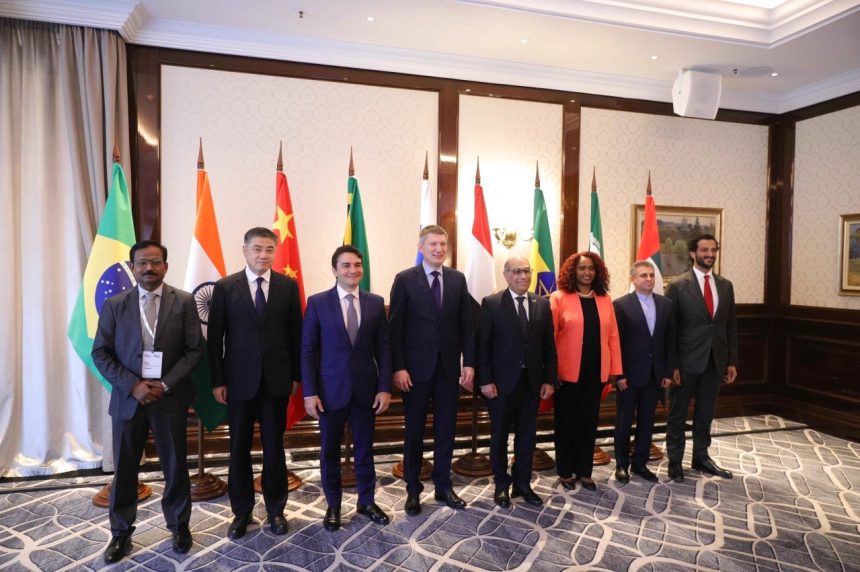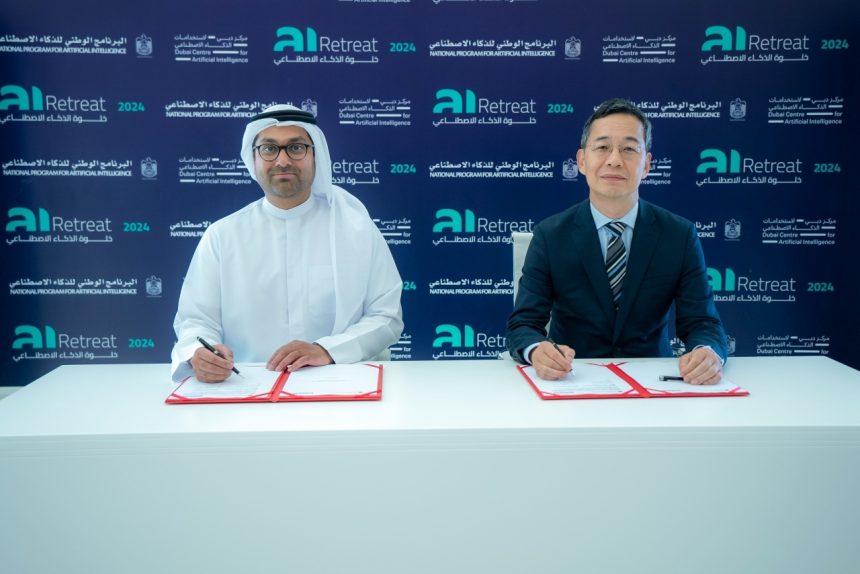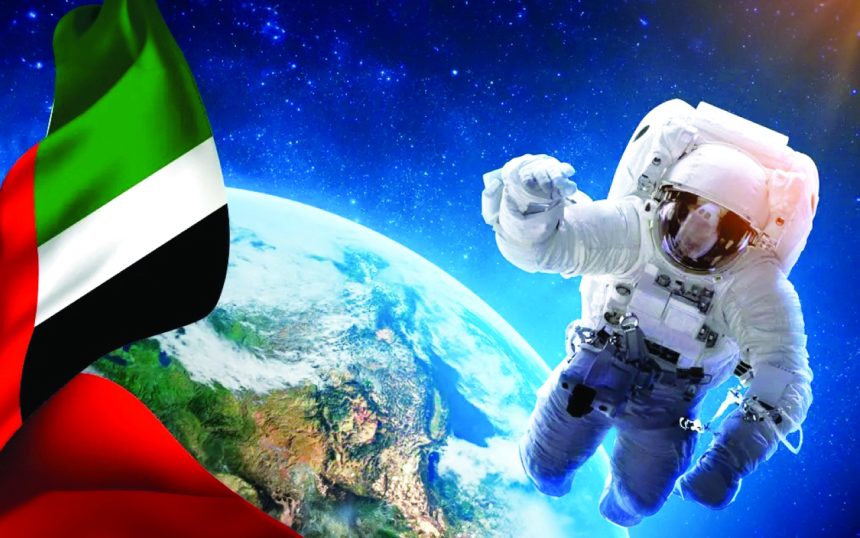The United Arab Emirates (UAE) continues its ambitious endeavors to compete globally in the aerospace and satellite industries.
This is through projects aimed at localizing advanced industries and integrating them into the national economy.
moreover, the UAE is implementing the “National Strategy for Industry and Advanced Technology.”
This strategy aims to increase the industrial sector’s contribution to the GDP to AED 300 billion by 2031.
It specifically focuses on strengthening the UAE’s global competitiveness in sectors with significant international competition, including the space economy.
Huge Investments in Aerospace and Satellite Industries
In fact, the development of satellites plays a crucial role in meeting the UAE’s various economic needs.
Even the national space sector is already advanced, with total investments reaching approximately AED 40 billion.
The UAE Space Agency has launched the Economic Space Zones program.
They are six economic space zones, established within the country to support startups and small and medium-sized enterprises.
Additionally, the agency has created the National Space Fund, valued at AED 3 billion.
The fund will boost private sector investments and facilitate the development of future space activities and projects.

38.5% Emirati professionals are working in the space sector
According to the 2023 economic survey of the aerospace and satellite industries, the UAE total spending in these industries increased by 6.61% compared to 2022. Government spending accounted for 55.7% of the total, while commercial spending constituted 44.3%.
Notably, Emirati professionals represent 38.5% of the workforce in the space sector within the country.
Since the establishment of the UAE Space Agency in 2014, the UAE’s achievements in local and international aerospace and satellite industries were significant.
Key projects include the Mars exploration mission “Hope Probe,” lunar exploration, in addition to the mission to explore the asteroid belt.
These efforts position the UAE as a global leader in space exploration and contribute to economic growth and job creation.

Sustainable space collaboration with BRICS member states
Furthermore, the UAE have commitment to sustainable space collaboration with BRICS member states.
This commitment aligns with its efforts to enhance data collection and analysis, supporting responsible practices across various tourism sectors.
Mentioning that BRICS serves as an essential platform for economic, trade, cultural, and tourism cooperation among member countries.
It is also fostering mutual development and understanding.
The UAE is second in the world
Competitiveness 2024 includes important governmental and economic indicators, the ability of government policy to adapt to changes, the percentage of tourism revenues, women’s representation in Parliament, workforce growth, and total… pic.twitter.com/8R4tTsIlsR— UAE Voice (@uae_voiceeng) June 18, 2024
The UAE’s vision extends beyond Earth, aiming to become a regional and global hub for future industries, especially aerospace and satellite industries.
By investing in advanced technologies and fostering innovation, the UAE is well on its way to achieving its ambitious goals, in line with the “UAE Centennial 2071” vision.





